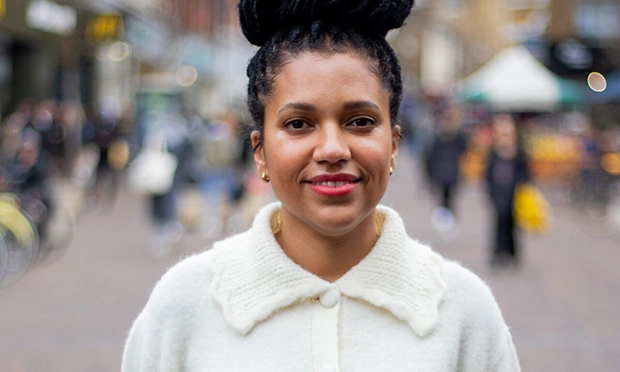Hackney Council urges Education Secretary to help with ‘intolerable’ unregistered schools dilemma

Cllr Sophie Conway, co-chair of Hackney’s children and young people’s scrutiny commission. Photograph: Hackney Labour
Hackney Council has appealed to the UK’s Education Secretary to change her latest bill in a bid to do more to safeguard children in unregulated schools.
In a letter sent to Bridget Phillipson earlier this month, the co-chairs of the borough’s children and young people’s scrutiny commission described “real and significant risks” to youths in unregistered educational settings (UES).
These settings do not meet the government’s definition of a school, because the curriculum is considered too “narrow” and so they are unregulated — with no minimum standards to follow in education or safeguarding.
For years, councillors have voiced concerns about being hamstrung by an inability to enforce safeguarding practices, such as DBS or health and safety checks, in these settings.
However, despite devoting significant time to the issue, Hackney’s education chief Anntoinette Bramble said it has been “frustrating” to see it fail to gain traction.
In their letter to Phillipson, Cllrs Sophie Conway and Margaret Gordon stressed that local authorities were mired in an “intolerable” dilemma in which they carry the responsibility for children in unregistered establishments yet remain powerless to intervene and keep them safe.
As of December 2024, a total of 1,586 children and young people were recorded as being in a UES.
According to the commission’s report, the vast majority of these are teenage boys within the Orthodox Jewish community who are withdrawn from their registered schools at age 12 and placed in a Yeshiva, where they are given religious instruction as opposed to a statutory curriculum.
The Town Hall’s view is that this leaves children studying at these religious seminaries “outside the line of sight of safeguarding professionals”.
While the council has stepped up efforts to engage with representative bodies for the community, it has not received the “necessary assurances” it had hoped for.
The commission also reported that those running these institutions have in the past deliberately tried to evade detection by quickly moving the UES somewhere else after being identified.
Following its most recent review in December, the panel’s position is now that “even with a clear strategy, sound intelligence and strong inter-agency collaboration, local efforts to address the safeguarding risks within UES are limited, particularly when the operators of such establishments refuse to engage”.
This view is shared by the City and Hackney Safeguarding Children Partnership, which sees the existing regulatory framework as “insufficient” to keep all children in the borough safe and “effectively safeguarded”, according to the commission.
The ‘Children’s Wellbeing and Schools Bill’ put forward by the government is expected to propose the introduction of Children Not in Schools registers to help local authorities can better fulfil their duty of identifying children missing education (CME).
In press release earlier this month, the Department for Education (DfE) announced that “councils will be able to require parents and providers of out of school education to share information like name, address and the nature of the education children are being provided”.
But Hackney says the proposals needs to go further by bringing in a broader and clearer definition of what constitutes a school, as many of the faith-based settings in question teach children full-time but do not fit this category.
“Ensuring that UES fall within the established definition of a school will give local authorities (and other regulatory partners) the powers to act where and when they are identified,” the letter stated.
Yesterday, the council confirmed that it was yet to hear back from the Secretary of State and that this “this can often take a few weeks”, but confirmed that Phillipson’s reply will be a matter of public record.
